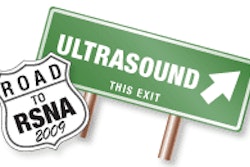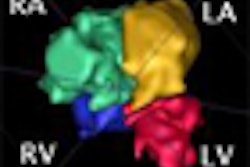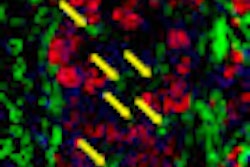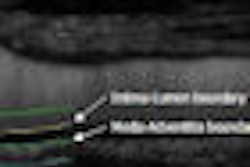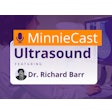Tuesday, December 1 | 10:50 a.m.-11:00 a.m. | SSG09-03 | Room S102D
In this Tuesday morning presentation, researchers from the University of California, San Diego (UCSD) will discuss their research comparing four different imaging protocols for screening patients with liver cirrhosis for signs of hepatocellular carcinoma.The rising incidence of end-stage liver disease in the U.S. means that more patients will need screening for hepatocellular carcinoma. Early detection can help clinicians initiate treatment, but it can also help classify patients due to receive liver transplants using Model for End Stage Liver Disease (MELD) scores, which give higher priority to patients who have early-stage cancer.
Several imaging modalities can be used either alone or together to perform screening for hepatocellular cancer, including ultrasound, CT, and MRI. The UCSD researchers examined the quality-adjusted life year (QALY) savings using a Markov microsimulation model of several screening protocols performed at six-month intervals: ultrasound following by CT (US + CT), ultrasound followed by MR (US + MR), CT alone, or MR alone.
Patients who were diagnosed with hepatocellular carcinoma were eligible for local ablative therapy, resection, close follow-up, or liver transplantation, while patients with advanced-stage disease could receive palliative therapy. Patients were eligible for transplant based on the severity of their cirrhosis, with prioritization for transplant done according to MELD scoring.
The researchers used existing literature and expert opinion to develop parameters regarding the natural history of hepatocellular carcinoma and cirrhosis, the characteristics of different imaging exams, treatment efficacy, and QALYs. Costs were based on the literature and location institution reimbursement.
The group found that the combination of US + CT was the most cost effective screening protocol, at $56,000 per year of life saved, while the most expensive was MR alone, at $109,000. The group found that altering their statistical model to improve the specificity of ultrasound reduced the QALY for the US + CT strategy to $49,000. Changing the sensitivity and accuracy of staging had only a modest impact, they said.
"This finding suggests that subsequent investigations and guidelines for the interpretation and performance of imaging should focus on improving the specificity of our findings for [hepatocellular carcinoma]," said Dr. Cynthia Santillan, who will present the paper.




